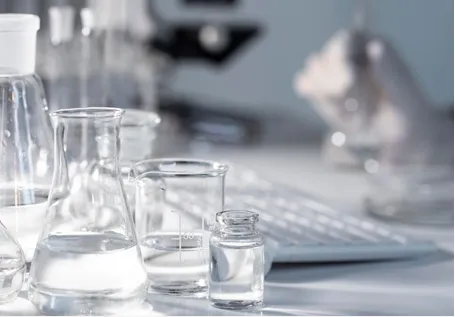Boiler and Cooling Tower Water Treatment Ensuring Efficiency and Longevity
Water treatment plays a crucial role in various industrial processes, particularly in the operation of boilers and cooling towers. The efficient functioning of these systems is vital for energy conservation, operational efficiency, and the prevention of equipment deterioration. This article delves into the significance of boiler and cooling tower water treatment, the common challenges faced, and the best practices for maintaining optimal performance.
The Role of Water in Boilers and Cooling Towers
Boilers and cooling towers utilize water to regulate temperatures and facilitate heat exchange. For boilers, water is converted into steam, which energizes turbines or provides heat for various applications. Conversely, cooling towers use water to dissipate heat from industrial processes or electrical generators into the atmosphere. Regardless of their function, both systems are susceptible to water quality, which directly impacts their performance and lifespan.
Challenges in Water Quality
One of the primary concerns in water treatment for boilers and cooling towers is impurities present in the water. These impurities can include minerals, organic materials, and even microbial contaminants. Some of the most pressing challenges include
1. Scale Formation Hard water contains minerals such as calcium and magnesium that can precipitate upon heating, leading to scale accumulation within the boiler. This scale acts as an insulator, reducing heat transfer efficiency and increasing fuel consumption.
2. Corrosion Oxygen and dissolved salts in the water can lead to corrosion of metal components in boilers and cooling systems. Corrosion not only compromises the structural integrity of equipment but can also result in costly repairs and downtime.
3. Biological Growth Cooling towers, in particular, can become breeding grounds for bacteria and algae due to stagnant water at warm temperatures. The presence of biofilm can obstruct water flow and heat transfer surfaces, further diminishing efficiency.
Water Treatment Methods
To tackle these challenges, various water treatment methods are employed
1. Chemical Treatment Chemical additives such as scale inhibitors, corrosion inhibitors, and biocides are commonly used to manage water quality. Scale inhibitors prevent mineral buildup, while corrosion inhibitors create a protective layer on metal surfaces. Additionally, biocides eliminate harmful bacteria and algae.
boiler and cooling tower water treatment

2. Filtration Physical filtration methods, such as microfiltration and ultrafiltration, remove particulate matter and microorganisms from water before it enters the boiler or cooling tower. This step is crucial for maintaining water clarity and quality.
3. Reverse Osmosis This advanced water treatment technique is used to desalinate water and remove dissolved impurities. Reverse osmosis systems are particularly useful in areas with high salinity or hardness in the water supply.
4. Regular Monitoring and Maintenance Implementing a rigorous monitoring program, including regular testing of water chemistry, is essential. This allows for the early detection of issues and adjustments in treatment protocols to maintain optimal conditions.
Best Practices for Efficient Water Treatment
Achieving optimal water treatment in boilers and cooling towers involves a combination of well-planned strategies
1. Water Quality Testing Regular testing for parameters such as pH, conductivity, hardness, and dissolved oxygen should be performed to assess water quality and identify any necessary interventions.
2. Tailored Treatment Programs Each system has different requirements based on its operation, water source, and geographic location. A tailored water treatment program that considers these factors will be more effective than a one-size-fits-all approach.
3. Professional Training Staff operating and maintaining boiler and cooling tower systems should receive adequate training in water treatment practices. Knowledge about the chemicals used, safety protocols, and emergency procedures is paramount.
4. Sustainability Focus Water conservation through techniques such as water recycling and the implementation of closed-loop systems can significantly reduce water consumption and minimize waste.
Conclusion
In summary, the treatment of water for boilers and cooling towers is essential for ensuring their efficiency, safety, and longevity. By addressing the challenges of scale formation, corrosion, and biological growth through appropriate treatment methods and best practices, industries can not only enhance their operational performance but also contribute to a more sustainable future. With continuous advancements in technology and a commitment to maintaining water quality, it is possible to optimize the functioning of these vital systems and mitigate environmental impacts.

